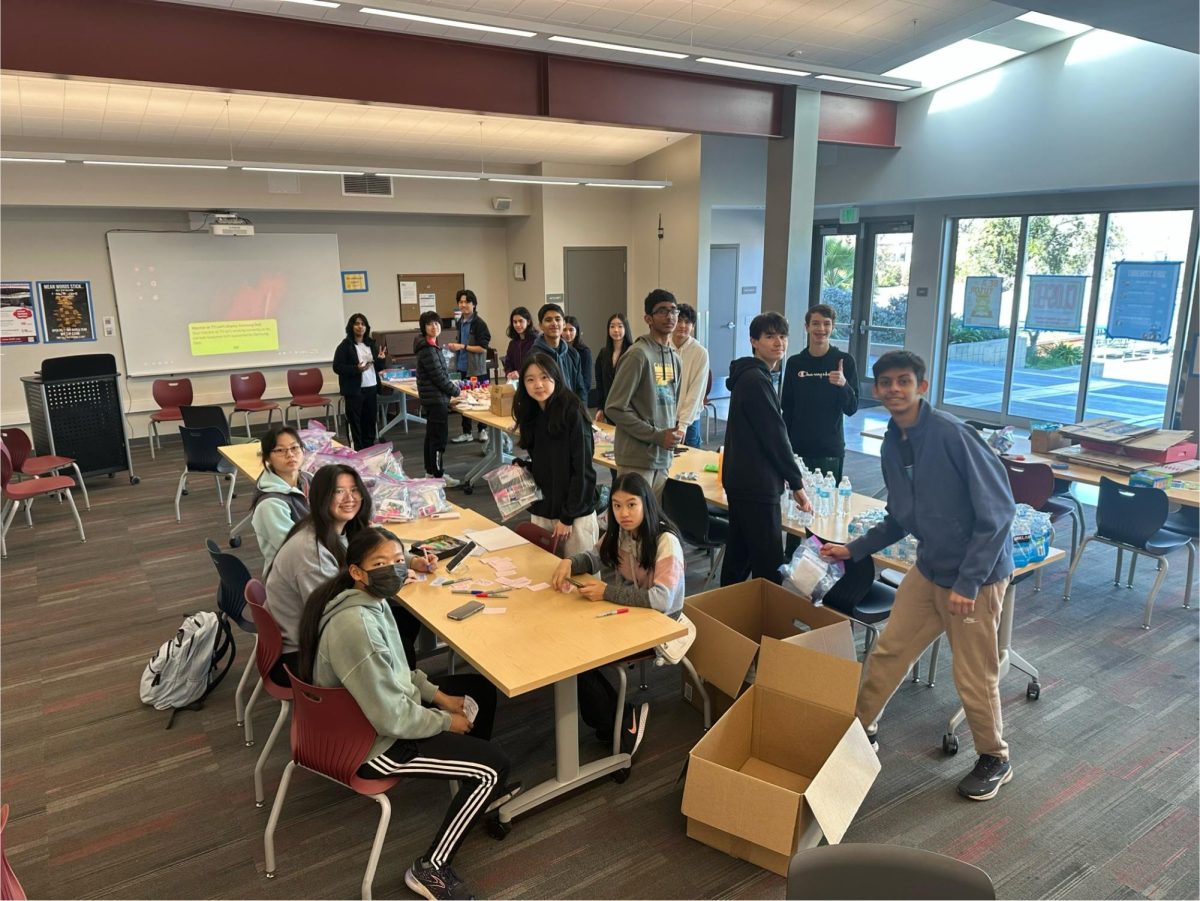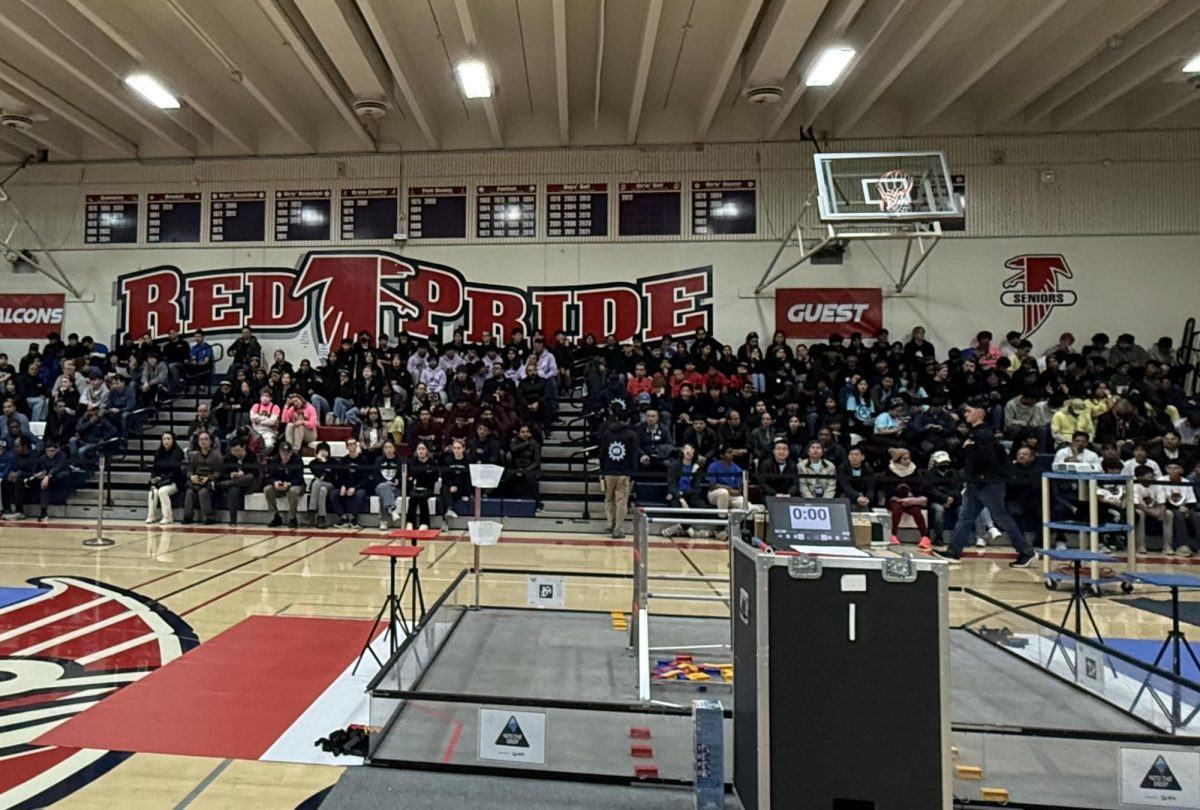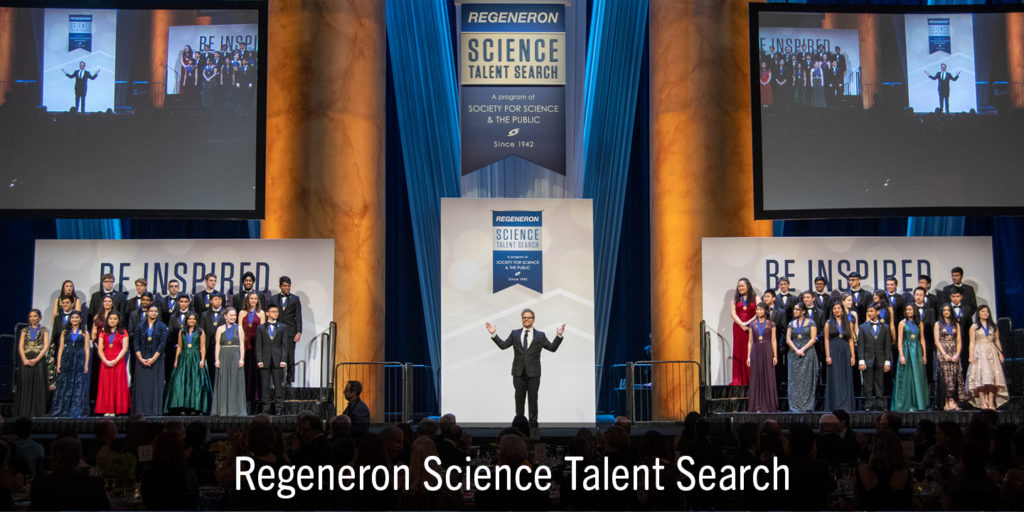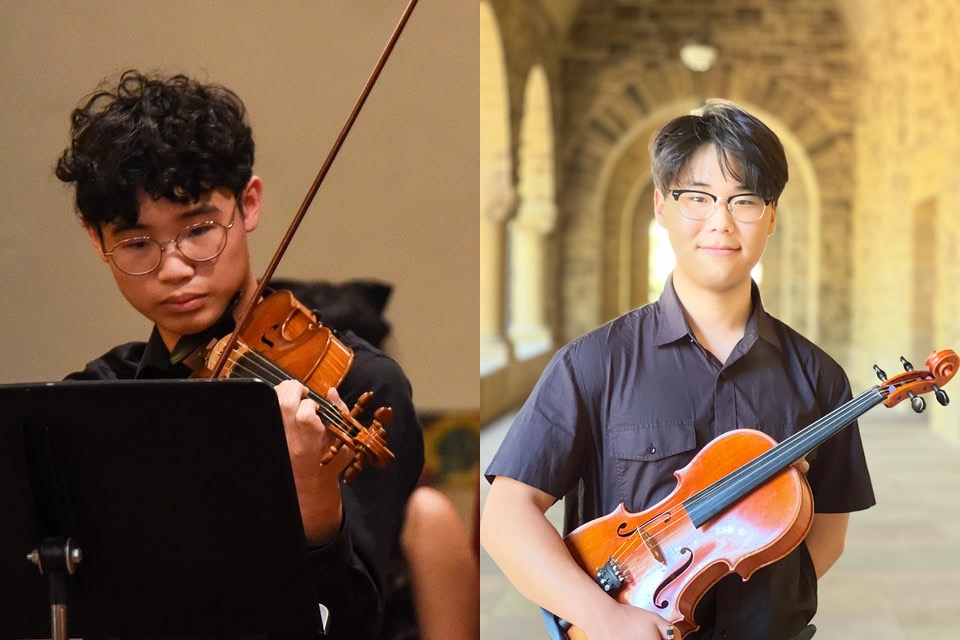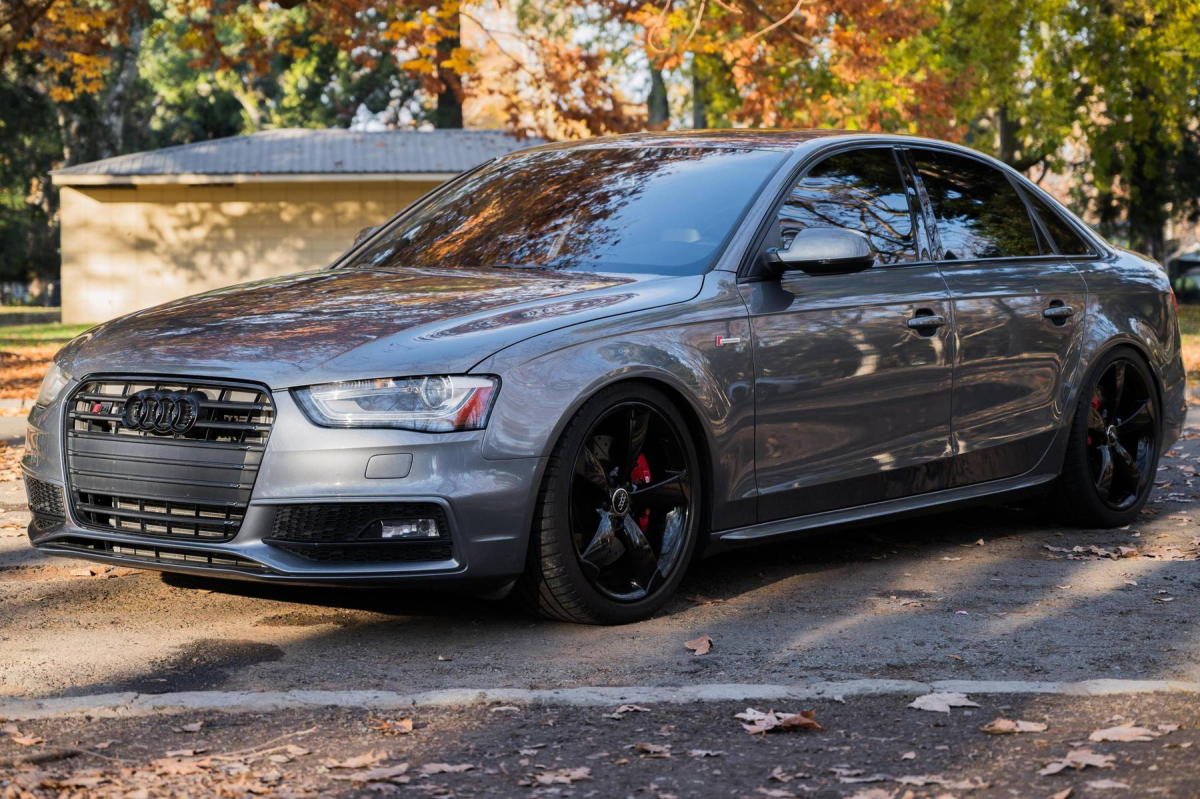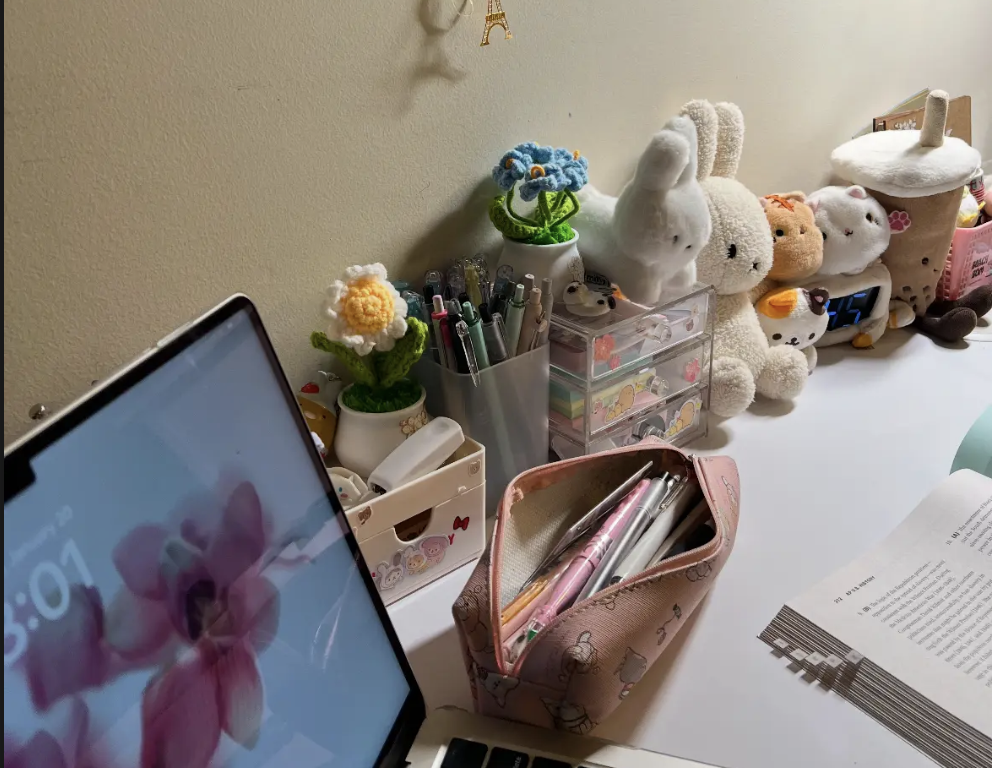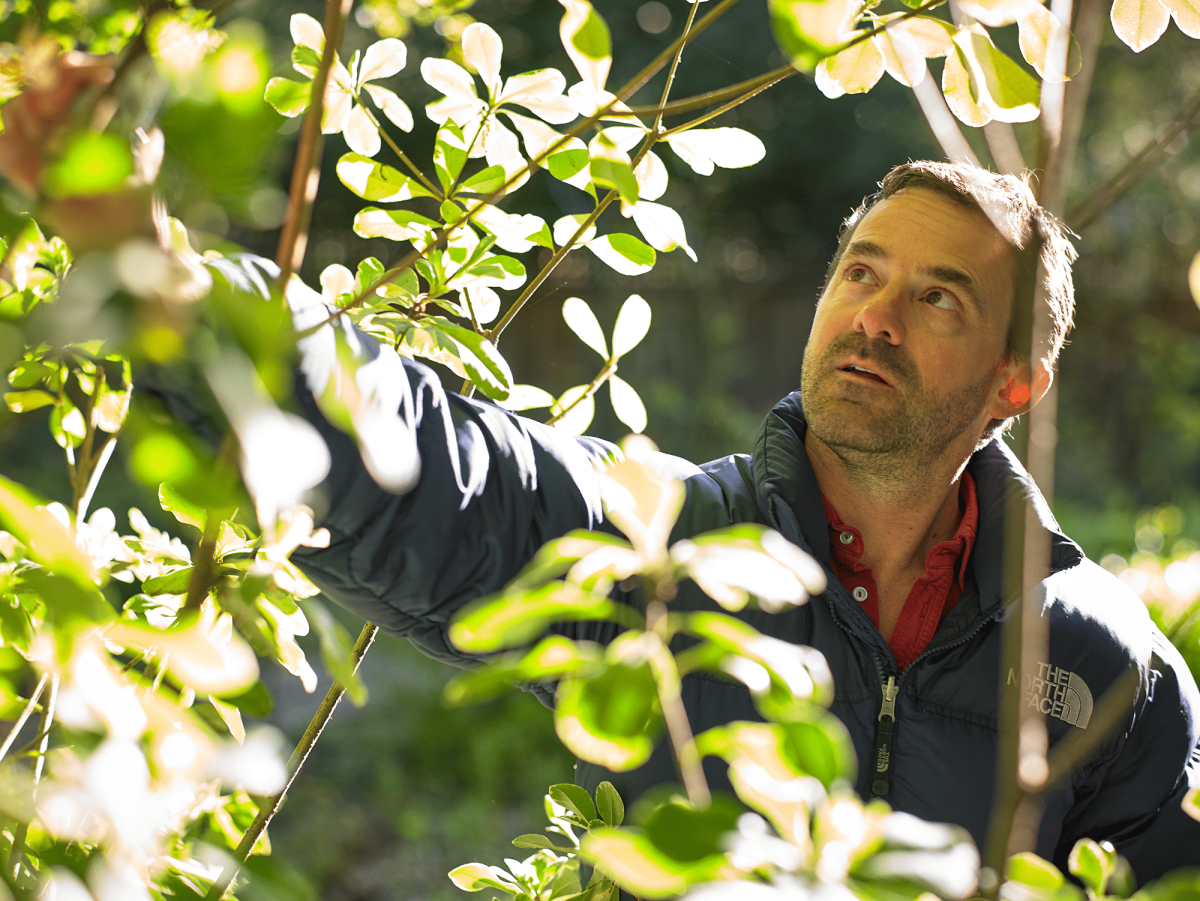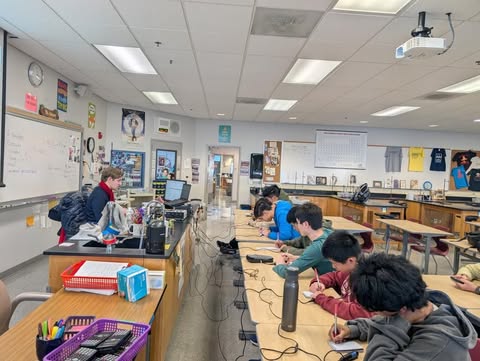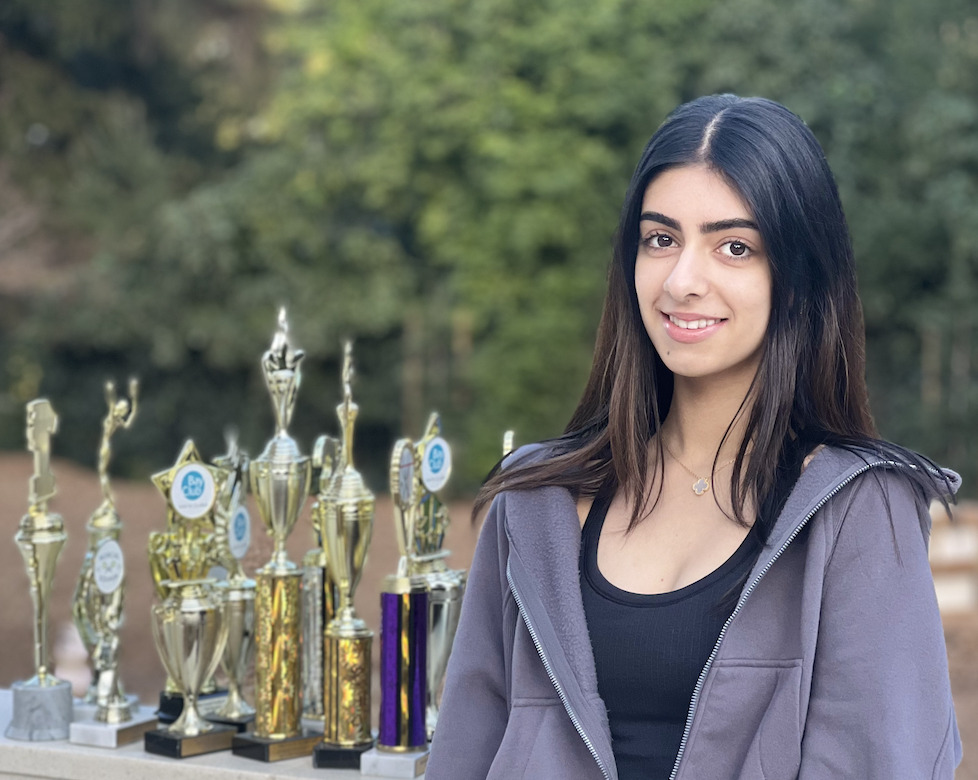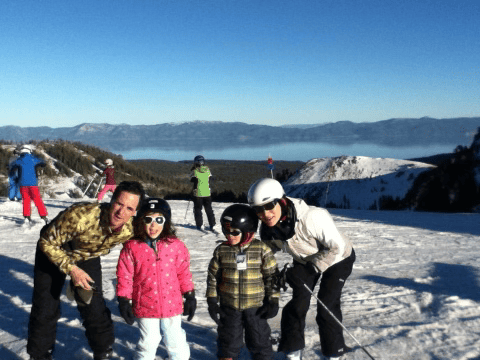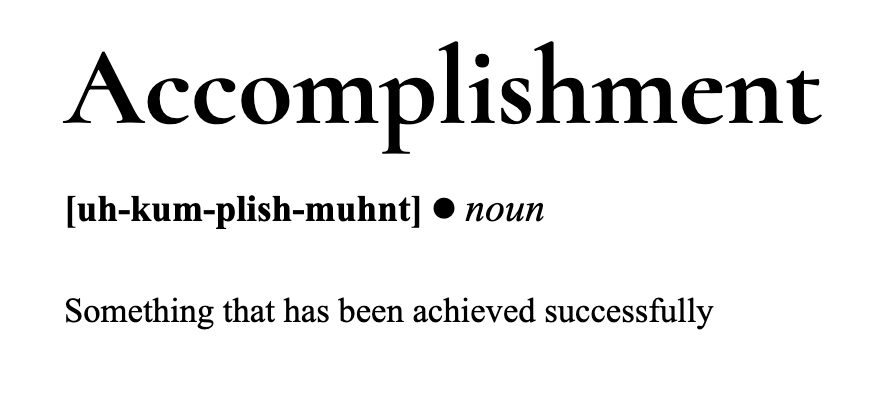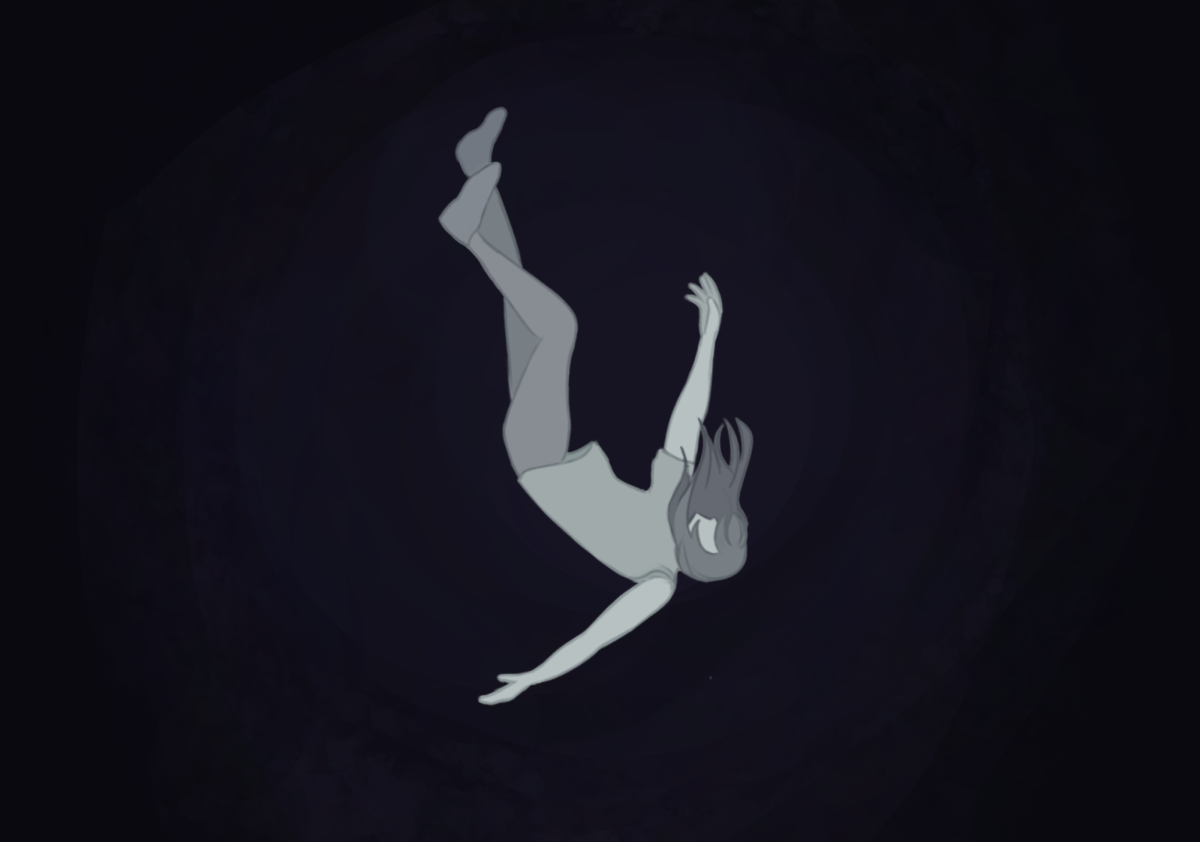My dad still remembers the frantic phone call he made to my mom from his work on the morning of Sept. 11, 2001, telling her not to drop me off at my daycare. His boss told everyone in the office to close the blinds in their building, just because they didn’t know who could be watching. It didn’t matter that they were on the other side of the country; the terrorist attack on the Twin Towers in New York had not only all of America but the whole world shaking in its boots.
And now, 14 years later, the terrorist attack on Paris, France, has the world once again fighting against a group of radicals who claim to defend truth and freedom.
In a bombing and gun attack on Nov. 13 by eight terrorists affiliated with ISIS on the Bataclan Concert Hall, Stade de France Sports Stadium and two restaurants, more than 132 were killed and 352 were critically injured. In a time of darkness for Paris, the world lit up with blue, white and red in a show of solidarity, from the Sydney Opera House to the Pyramids of Giza to the World Trade Center.
Just as we did 14 years ago, we have come together to mourn the victims of this tragedy. All over the world, people have been showing their support by overlaying their profile pictures on Facebook with the colors of the French flag, with the hashtag #prayforparis.
Yet there is a disturbing number of people, especially on social media, who believe that this period of mourning for Paris is the perfect time to discuss the problems in the rest of the world. It is hypocritical to call others out for not honoring the victims of bombings elsewhere during the Paris attack while not giving Paris the respect it deserves after its own tragedy. Posting “#prayfortheworld” on Facebook and Twitter may stem from good intentions, but this only serves to take attention away from the current problem: the crisis in Paris.
It is a valid concern that other places in the world that have been targets of terrorist attacks are not getting the same kind of media attention as Paris. We should be indeed be praying for the whole world whenever a major tragedy occurs. However, this concern should have been discussed long before the incident at Paris. It is out of place for this fervent outcry to happen in the midst of our mourning for Paris.
There are also those who criticize the attention that social media has given the Paris attack, simply because they feel that changing a profile picture has no effect on the tragedy at all. Critics claim that those who aren’t directly affected by Paris would only be trivializing the tragedy by blindly changing their profile pictures on Facebook.
What they fail to realize is that every single person is affected by the tragedy: The attack is the world’s problem. It is too cynical to just assume that this small show of unity is a disrespectful waste of time. Our support comes from a place of concern and love, and the fact that we can, as citizens of the world, come together to soothe the pain that the attack has inflicted is something to be proud of.
But the most disturbing reaction to the attack is the rise and openness of Islamophobia, most notably from presidential candidates like Donald Trump, Ben Carson and Jeb Bush. Especially in the face of fear, some fail to realize that the peace-loving religion of Islam is different from the radicals who claim to follow it. Quite frankly, it is scary to believe that those who are vying for the presidency are spewing prejudice the way they are.
Bill Maher on “The Late Show with Stephen Colbert” remarked, “It would be one thing if the terrorists did not share ideas with lots of mainstream people who follow the Islamic religion, but they do. Unfortunately, if I said to you, well, if only ISIS believed that anyone who leaves the religion should be killed, well, maybe then we can finally kill all of ISIS. But what if that is 20, 30, 40 percent of all Muslim people in the world?”
Making blanket statements that group Muslims and radical terrorists together only demonstrates how we are moving backwards. America prides itself on being progressive and accepting, yet remarks like Maher’s have the potential to dismantle all the work we have done so far.
Our efforts shouldn’t need to be concentrated on criticizing ignorant people like Maher. We need to be worrying about those who are frantically calling their own families in places under terrorist attack, wondering if their loved ones made it out alive. We need to be worrying about how we can stop radical terrorist groups from furthering the devastating consequences of their violence.
We should be putting aside our differences, and we should be proud to say that we have the compassion to mourn together for our brothers and sisters.


